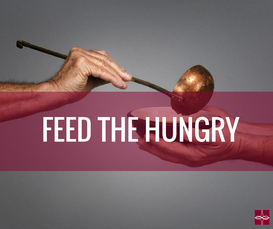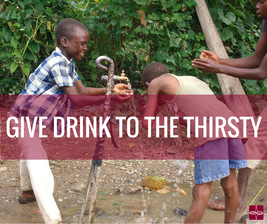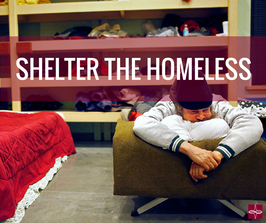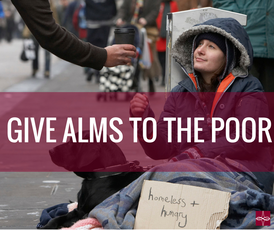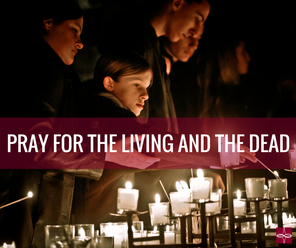God's Mercy Extended to Us
“Eternal God, in whom mercy is endless and the treasury of compassion inexhaustible, look kindly upon us and increase Your mercy in us, that in difficult moments we might not despair nor become despondent, but with great confidence submit ourselves to Your holy will, which is Love and Mercy itself.” ~ the closing prayer of the Divine Mercy Chaplet
Mercy is the unmerited, unwarranted love which is poured out regardless of whether or not it is accepted. This love is perfected and continuously given to humanity through God, who is love. All of salvation history is the story of God showering mercy on humanity even in the face of rejection, and showing that there are no limits to the mercy offered–to the point of sending His only begotten Son to die on the cross for us. This mercy which is “endless” and “inexhaustible”, as St. Faustina describes, invites us to not only receive the fullness of it, but to allow mercy to overflow out of us and into others. When we receive God’s mercy, the only response we can have is to share it with others, and this is done through the Corporal and Spiritual Works of Mercy.
Mercy is the unmerited, unwarranted love which is poured out regardless of whether or not it is accepted. This love is perfected and continuously given to humanity through God, who is love. All of salvation history is the story of God showering mercy on humanity even in the face of rejection, and showing that there are no limits to the mercy offered–to the point of sending His only begotten Son to die on the cross for us. This mercy which is “endless” and “inexhaustible”, as St. Faustina describes, invites us to not only receive the fullness of it, but to allow mercy to overflow out of us and into others. When we receive God’s mercy, the only response we can have is to share it with others, and this is done through the Corporal and Spiritual Works of Mercy.
Living Out Mercy Through Corporal and Spiritual Works
The Catechism tells us that “When we attend to the needs of those in want, we give them what is theirs, not ours. More than performing works of mercy, we are paying a debt of justice" (CCC 2446). As Catholics, we are called by the Church to exercise the virtue of justice and give others what they are due through works of mercy. This is lived out through the corporal and spiritual works of mercy.

